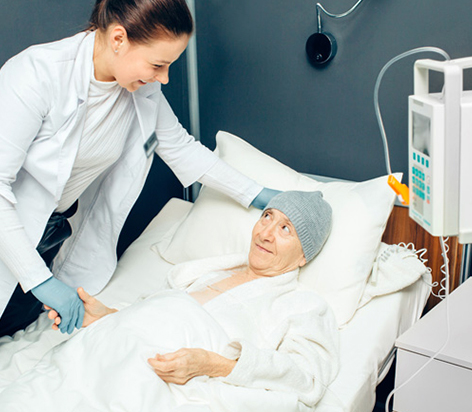
Taking care of physical, cognitive, and mental health is necessary for healthy aging. Elderly people are at increased risk of developing several diseases. Diagnosing and treating these conditions is important to avoid complications and increase survival. It is also important to provide palliative care to patients suffering from serious diseases to improve their overall quality of life.